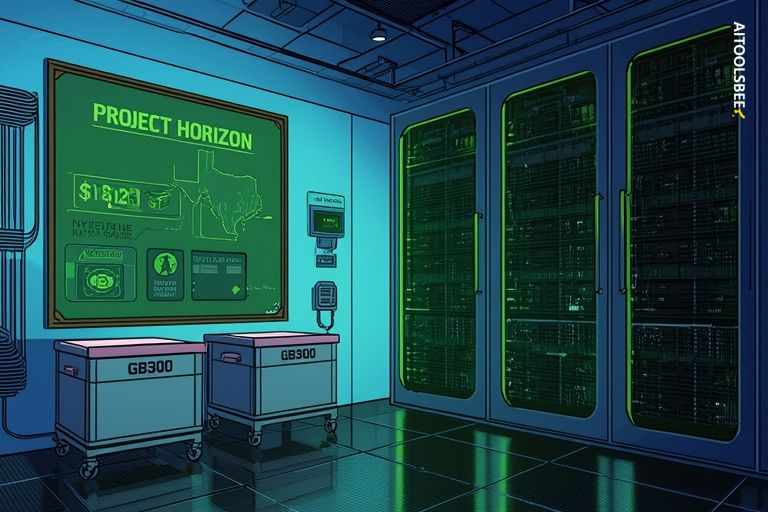
Nvidia weighs up to $1B in Poolside, valuing coding startup at $12B
Investors are watching a fresh tilt toward software automation as a potential Nvidia investment of up to $1 billion is under discussion for Poolside, a programming startup that could reach a $12 billion valuation if the round closes, Bloomberg reported. The prospective deal highlights how quickly capital is converging on developer tools designed for security-conscious buyers.
Founded in early 2023 by Jason Warner and Eiso Kant, Poolside has raised capital quickly while keeping its focus on programming automation. The pending Nvidia investment would cap a steep rise in valuation after a $500 million Series B last October valued the company at $3 billion and an earlier $126 million seed led by Xavier Niel and Felicis Ventures.
Negotiations center on raising as much as $2 billion at a $12 billion valuation, with Nvidia considering a commitment between $500 million and $1 billion, according to people familiar with the talks. Several investors have already committed more than $1 billion, including about $700 million from existing backers, while Magnetar is in discussions to join the round, underscoring the pull of a headline Nvidia investment.
Poolside has so far unveiled a single product, a coding assistant for software engineers in government agencies and the defense sector that debuted in October 2024. At launch, the company described two models, Point and Malibu, and said the linear attention model Point runs about 10 times faster than comparable systems. It also presented a method called learning by code execution feedback, or LCE, intended to train the model to think like a developer and navigate real-world software complexity. The startup operates from offices in the United States and Paris and says its long-term ambition is to build general-purpose artificial intelligence. The technical positioning helps explain why a large Nvidia investment would be tied to tools that promise measurable productivity for regulated buyers.
That hardware roadmap illustrates why any Nvidia investment would be strategically circular, since the startup expects to become a significant buyer of compute. Poolside plans to spend part of the new financing on Nvidia GB300 chips and has partnered with CoreWeave to build a large data center in western Texas under Project Horizon. The project targets 2 gigawatts of installed capacity, described as enough power for about 1.5 million households.
Eiso Kant has described a deliberate approach to strategic partners. He said in 2024 that close cooperation with Nvidia made Poolside open to taking capital from the chip maker, even as the company avoided participation from Google, Microsoft and Amazon in the prior round to maintain independence. That stance frames a selective Nvidia investment as complementary rather than controlling.
Nvidia has stepped up its backing of startups this year, including well-known companies such as OpenAI, Mistral AI and Reflection AI, a pipeline that may also deepen the customer base for its hardware. For global capital markets, another high-profile Nvidia investment would signal that chips and infrastructure remain the bottleneck shaping valuations across the stack. For enterprise AI content, the message is that tools will be judged by repeatable productivity and secure deployment rather than one-off demos.

Provides balanced coverage of how technology creates real value
in both business and everyday life.

